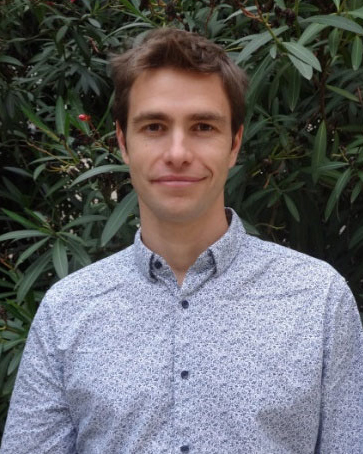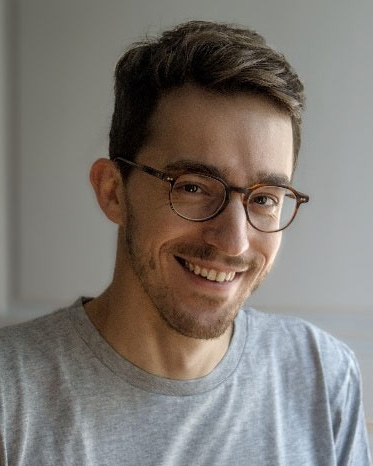Louis-Alexandre Couston, Associate Professor of Claude Bernard Lyon 1 University at the Physics Laboratory, and Benjamin Wesolowski, CNRS Research at UMPA, have been awarded the prestigious "Starting" Grant from the European Research Council (ERC).
On Tuesday, September 5, 2023, the European Research Council (ERC) announced the 400 "Starting" grant winners for 2023. The grants - totalling €628 million - support cutting-edge research in a wide range of fields, from medicine and physics to social sciences and humanities. They will help researchers at the beginning of their careers to launch their own projects, form their teams and pursue their best ideas.
With 50 awarded projects, France ranks 2nd out of the 24 host countries, behind Germany (87 winners) and ahead of the Netherlands (44) and the UK (32). Among these French successes, two laureates are researchers in ENS de Lyon laboratories.

Louis-Alexandre Couston
Associate Professor of Claude Bernard Lyon 1 University at the Physics Laboratory (LPENSL, CNRS/ENS de Lyon)
Project : IceAblation
Novel subglacial ocean models to accurately predict Ice-shelf Ablation rates at high resolution and low computational cost
Will Antarctic ice shelves disappear or simply become thinner over the coming century? To answer this question, Louis-Alexandre Couston's team is deploying a whole arsenal of methods based on laboratory experiments and artificial intelligence. The aim is clear: to improve our understanding and modelling capabilities of the Southern Ocean in order to improve predictions of sea level rise over the coming centuries.

Benjamin Wesolowski
CNRS Researcher at the Pure and Applied Mathematics Unit (UMPA, CNRS/ENS de Lyon)
Project: AGATHA CRYPTY
Algebraic groups at the heart of post-quantum cryptography
The project will deploy the rich mathematical theory of algebraic groups to study two of the most promising post-quantum directions: cryptography based on Euclidean networks and on isogenies. By placing post-quantum cryptography in a new theoretical framework, the project will expose potential vulnerabilities and enable the construction of new secure systems.






